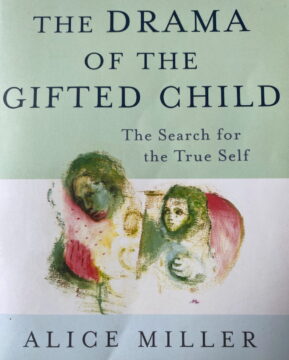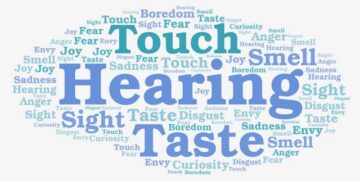by Gary Borjesson
The power and peril of seeing, and being seen, has been with us from the beginning. Almost the first thing Adam and Eve do is seek to hide from being seen by God. (Good luck with that!) Much later, Hegel showed how, in contrast, the desire to be seen—the desire for recognition—is a motive force of human history. Later still, we are learning how critical being seen is to a child’s development.

The negative effects of not being seen are a core theme of Alice Miller’s Drama of the Gifted Child. This book made a deep impression when I first read it years ago, long before I became a psychotherapist. At the risk of triggering those (including myself) with an allergy to therapeutic speak—I felt seen. I wasn’t alone. Since its publication in 1979, the book has sold well over a million copies worldwide.
Miller explores how some children use their “gift” of sensitivity to adapt to inadequate parenting. In particular, she describes how a “false self” develops from the “true self.” This distinction comes from the British pediatrician and psychoanalyst D.W. Winnicott, who observed and thought deeply the relation of parents and children. (Many people besides biological parents can play the role of caregiver; I will use the words “parent” and “mother” to preserve the archetypal resonances.) I expect many readers will recognize aspects of their experience in Winnicott’s influential account of how we can come to feel lost to our true selves.
We all make use of a ‘false’ self. As Winnicott notes, “Each person has a polite or socialized self, and also a personal private self that is not available except for intimacy.” (Home Is Where We Start From: Essays by a Psychoanalyst, Norton & Co, 1990. All quotes are from this book.) Someone gives you a heartfelt gift that you don’t like. But you say you like it because you see there is nothing to be gained by saying how you really feel. The social world depends on having this polite self capable of getting along by masking our true thoughts and feelings. Read more »

